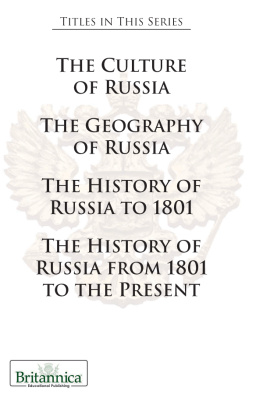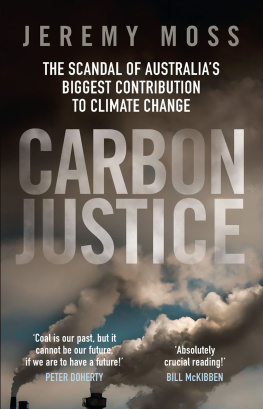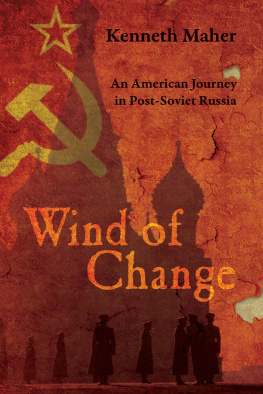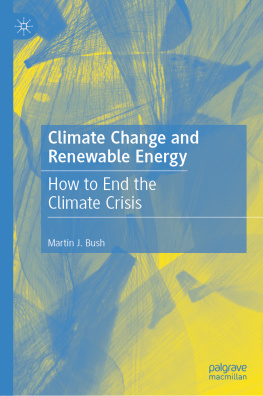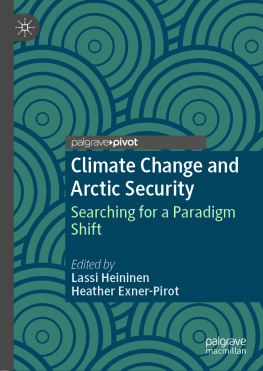Contents
Guide
Pagebreaks of the print version
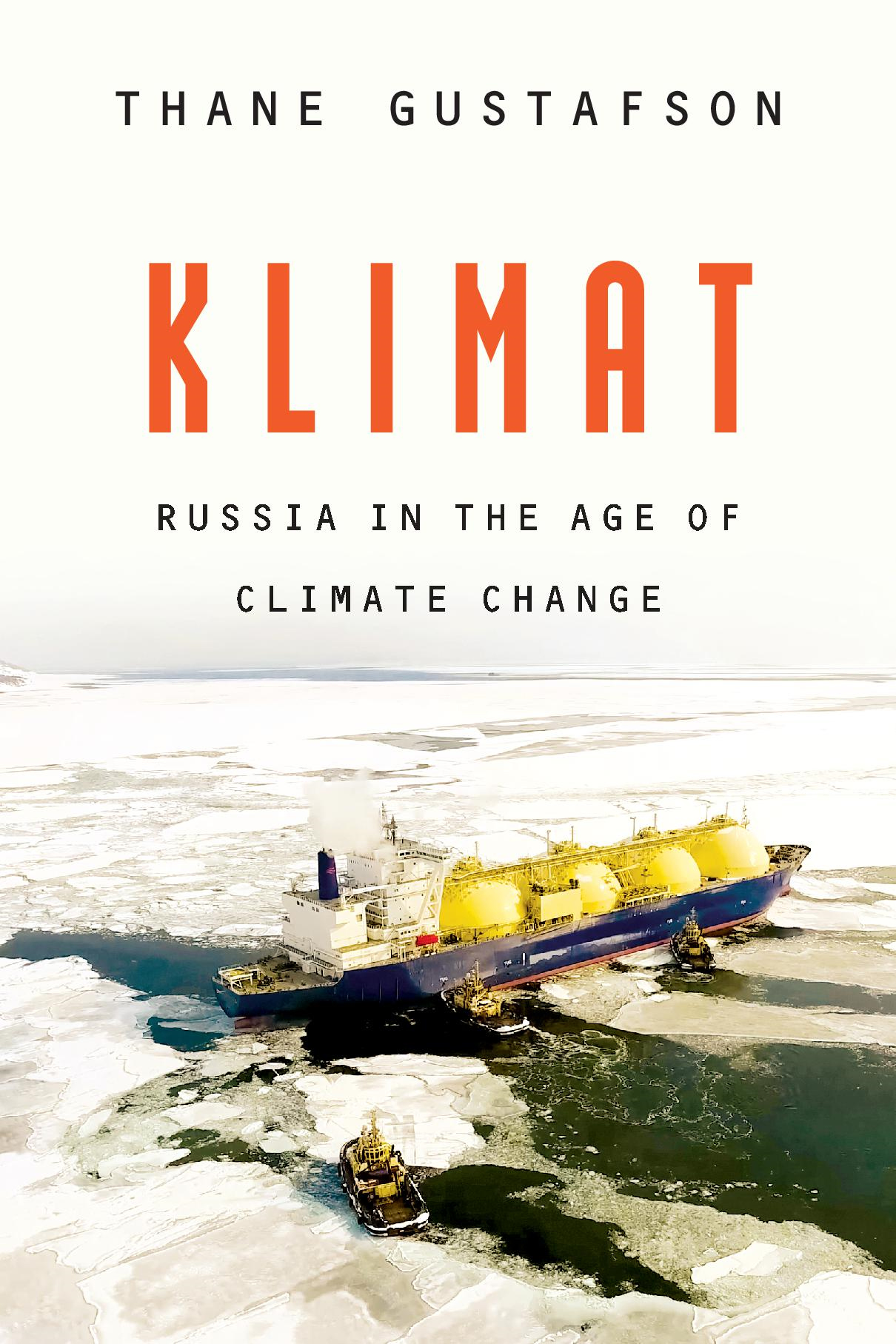
KLIMAT
RUSSIA IN THE AGE OF CLIMATE CHANGE
Thane Gustafson
Harvard University Press
Cambridge, MassachusettsLondon, England2021
Copyright 2021 by the President and Fellows of Harvard College
All rights reserved
Cover art: Getty Images
Cover Design: Graciela Galup
978-0-674-24743-7 (cloth)
978-0-674-26987-3 (EPUB)
978-0-674-26986-6 (PDF)
The Library of Congress has cataloged the printed edition as follows:
Names: Gustafson, Thane, author.
Title: Klimat : Russia in the age of climate change / Thane Gustafson.
Description: Cambridge, Massachusetts : Harvard University Press, 2021. | Includes bibliographical references and index.
Identifiers: LCCN 2021011244
Subjects: LCSH: Climatic changesRussia (Federation) | Climatic changesGovernment policyRussia (Federation) | Fossil fuelsRussia (Federation) | Renewable energy sourcesRussia (Federation)
Classification: LCC QC903.2.R8 G87 2021 | DDC 363.738/740947dc23
LC record available at https://lccn.loc.gov/2021011244
This book is dedicated to Philip Vorobyov Staunch friend, peerless colleague, and keen-eyed observer of Russia
CONTENTS
Transliteration from Slavic to Latin script is always a challenge, particularly where proper nouns are concerned. Throughout this book I have attempted to follow the guidelines of the US Library of Congress wherever possible. However, for place names the American Association of Geographers has its own conventions, and in most places I have followed those. (Thus: Ob River instead of Ob.) Finally, if a place or person has been mentioned frequently in the Western media, then I follow the spelling used in the media. (Thus: Mikhelson instead of Mikhelson.) Unfortunately, the result is a running series of compromises, which will make no one entirely satisfied.
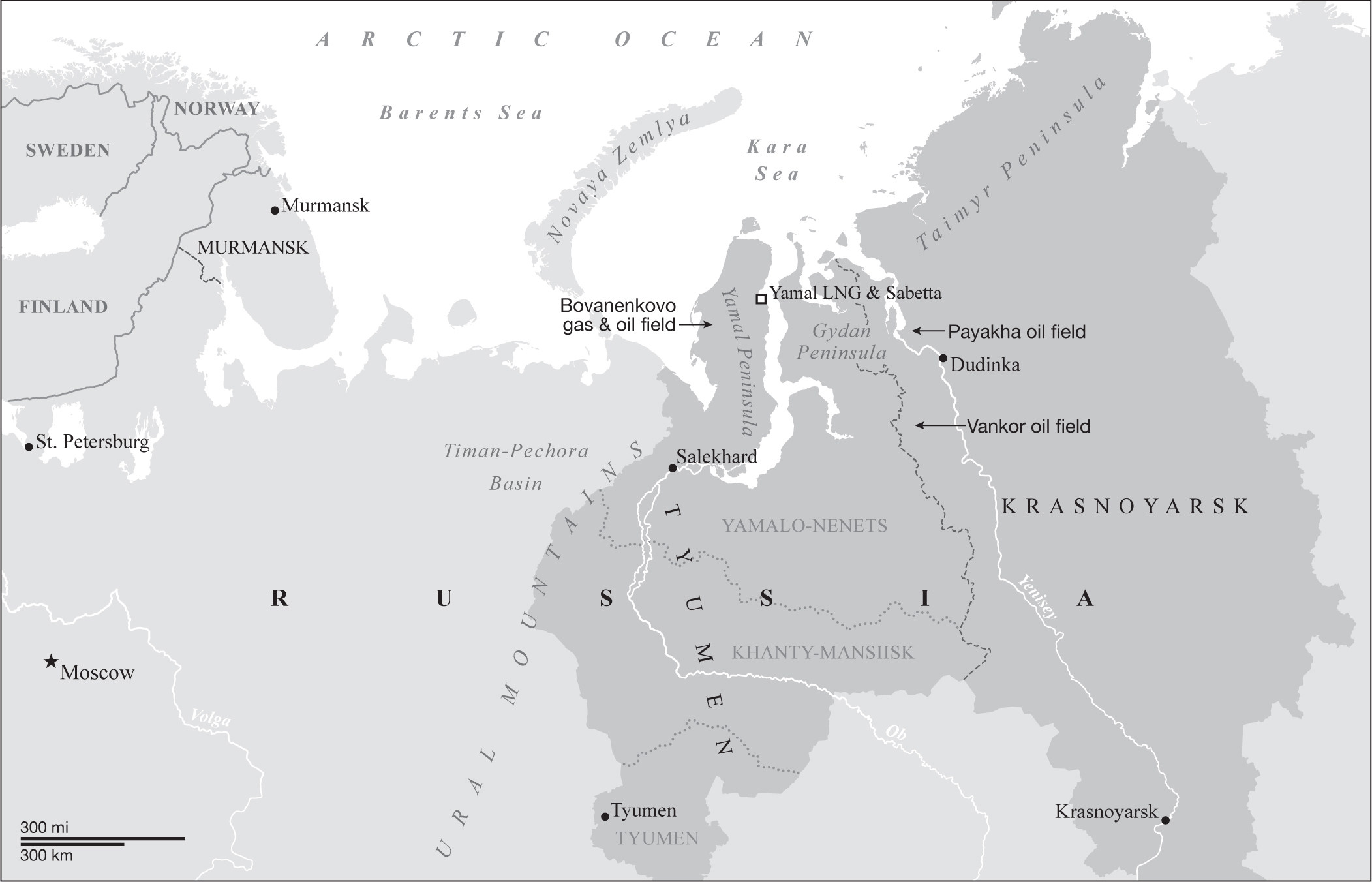
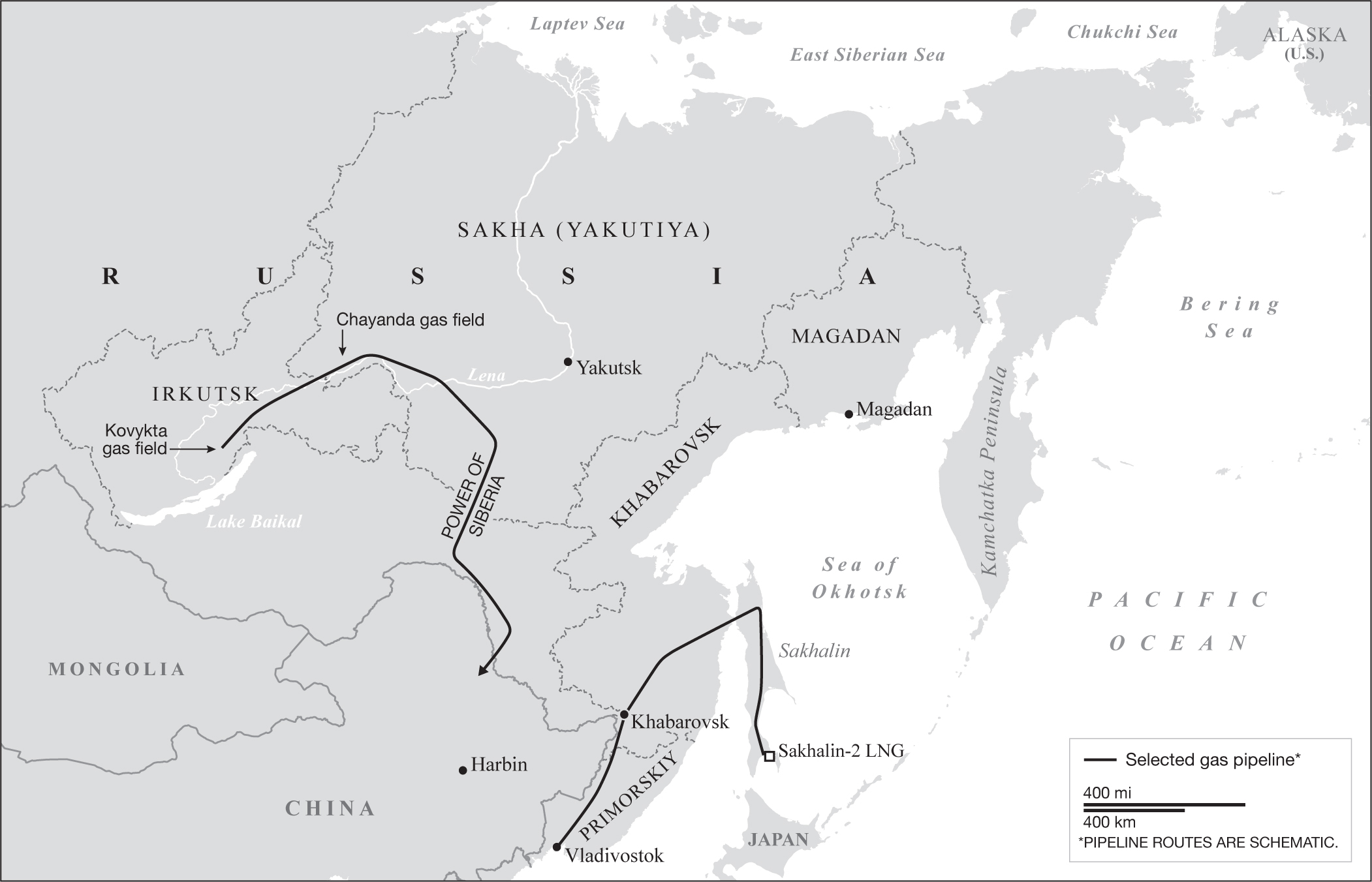
Climate change is the defining issue of our century. It is at once the product of our civilizations greatest strengths and greatest weaknesses, of our unique ability to generate change and growth through innovation and enterprise, and of our inability to cope with the consequences. This is true for every country in the world. But for Russia the consequences will be especially dramatic, for its economy and environment, and for its standing as a great power in the rest of the world. That is the subject of this book.
As I write, the coronavirus pandemic has spread across the world, its consequences already far-reaching. As I see it, pandemics and climate change are two faces of the same problem. One is acute and the other chronic, but both are pathologies of an increasingly overcrowded and overburdened planet. COVID-19 is above all a disease of globalization, driven by the recent construction of world-spanning supply chains, catalyzed by the cheap and easy movement of goods, labor, and capital across national boundaries, accompanied by permissive state policies. So long as the uncontrolled contact engendered by globalization remains the dominant business model of the world, pandemics will remain a constant threat.
Yet even in the midst of a global viral outbreak, the chronic problem of climate change has not receded. As CO2 concentrations continue to mount, climate change ticks away in the background, like an inexorable clock. Each year brings its message of growing damagefloods, fires, and heat wavesthat briefly captures the worlds attention, before being displaced by the next crisisuntil the next reminder. As the decades go by, these symptoms will become more frequent and intense, with increasingly powerful political and economic consequencescrop failures and food shortages, deaths from heat waves, diseases of all kinds, and mass migrations.
Why is climate change so difficult to address? It challenges the very foundation of the economic growth model on which the stability of our political and social systems depends, and which has brought prosperity to many in just a few decades, while diminishing mass poverty around the world. No growth means no prosperity, and no prosperity means no stability. Climate change threatens all three, and in so doing, it undermines our most fundamental belief, shared by socialist and capitalist systems alikeour faith in unlimited human progress.
Not surprisingly, the effect is to divide us, not unite us. In a world in which there is no common power, we are unable to act together when our deepest interests conflict. As the consequences of climate change become more dire, the international politics of climate change will worsen toward even more disunity than today, for three reasons. First, climate change is the ultimate collective action problem. The benefits of limiting greenhouse gas emissions accrue globally, but the costs are borne by individual countries and communities. There will be little common ground among nations, especially when it comes to sharing costs. Russia, in particular, will face high costs and few benefits from joint action. The temptation to free ride will be irresistible.
Second, climate change sets the stage for confrontation, as extreme events engender new conflicts among and within countries. In many places, weak states will become completely unable to control their populations. The outcome will be growing anarchy and the threat of mass migrations, accompanied by cross-border violence and xenophobia. Even in Russia, where the state is likely to remain strong, social changes aggravated by climate change, especially migration, will pose mounting challenges.
Third, the combined result of these conflicts will be changes in the distribution of wealth and power. Some countries and groups will benefit from climate change, whereas most will be harmed; the poorest and most vulnerable will face acute shortages. There will be winners and losers, and these changes will likely not be peaceful. Russia, I argue in this book, will be one of the losers.
These features are already all too apparent today, especially in the continuing failure of most of the worlds elites to move beyond declarations. Russias politicians and business leaders are no exception. As I will show, although awareness of climate change has risen among both Russian elites and the public in the past few years, it has yet to be translated into meaningful policy.
These are the issues that have led to this book. But why is Russia so significant? For much of our lifetimes, one of the dominant narrativesat most times the dominant narrativehas been the rivalry between Russia and the West and the two opposing political and economic systems they represented. For a time, the advent of liberal democracy as the new world orderthe end of historywas our hope and belief. But in Russia that vision was never shared by more than a small minority, whereas most Russians saw the 1990s as a disaster and a humiliation. In 2000 Vladimir Putin came to power with the self-appointed mission of restoring Russias standing as a great power. Now, twenty years on, Russia and the West have reverted to what amounts to a new cold war, threatening positive achievements and raising new dangers.


